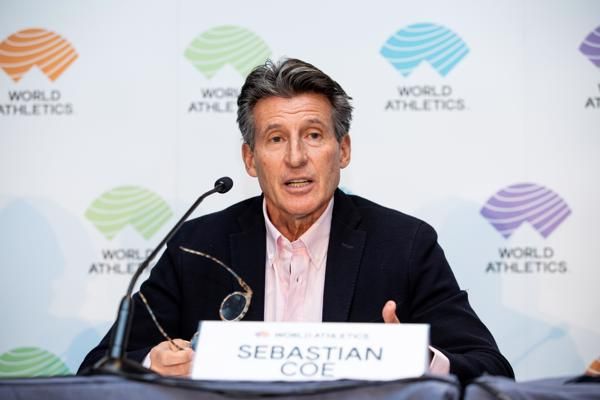World Athletics has implemented new guidelines to prohibit transgender women from participating in the female category at international events. The decision was made to preserve the integrity of female sports and prevent unfair competition. The new rules state that transgender athletes who have undergone male puberty will not be allowed to compete in female world ranking competitions. The previous requirement of reducing testosterone levels to a maximum of 5 nmol/L for 12 months before competing in the female category has been replaced. A working group will be established to conduct further research into the eligibility guidelines and make recommendations to the Council.
The Council has also reduced the blood testosterone limit for athletes with differences in sex development (DSD), including Caster Semenya, a two-time Olympic gold medalist, to below 2.5 nanomoles per litre. DSD athletes must remain under this threshold for two years to participate in any international track and field events in the female category. DSD athletes already competing in unrestricted events must suppress their testosterone levels below 2.5nmol/L for at least six months before competing again. Thirteen DSD athletes, including seven running events above a mile and six in sprinting events below 400m, will be affected by these guidelines.
The World Athletics Council will set up a working group for 12 months to further study the issue of transgender inclusion. The group will consist of an independent chair, up to three council members, two athletes from the Athletes’ Commission, a transgender athlete, three representatives of World Athletics’ member federations, and representatives of the World Athletics health and science department.
The debate on whether transgender women should participate in elite women’s sports continues. While some argue that they may have an unfair advantage, others believe that sport should be more inclusive. The International Olympic Committee’s framework on transgender athletes states that it is up to individual federations to determine eligibility criteria in their sport.
The new guidelines follow a review of policies regarding transgender athletes by various sporting bodies. Swimming’s world governing body, Fina, stopped transgender athletes from competing in women’s elite races if they had undergone any part of male puberty. The British Triathlon established an ‘open’ category in which transgender athletes can compete, while the Rugby Football League and Rugby Football Union banned transgender athletes from women’s rugby.





